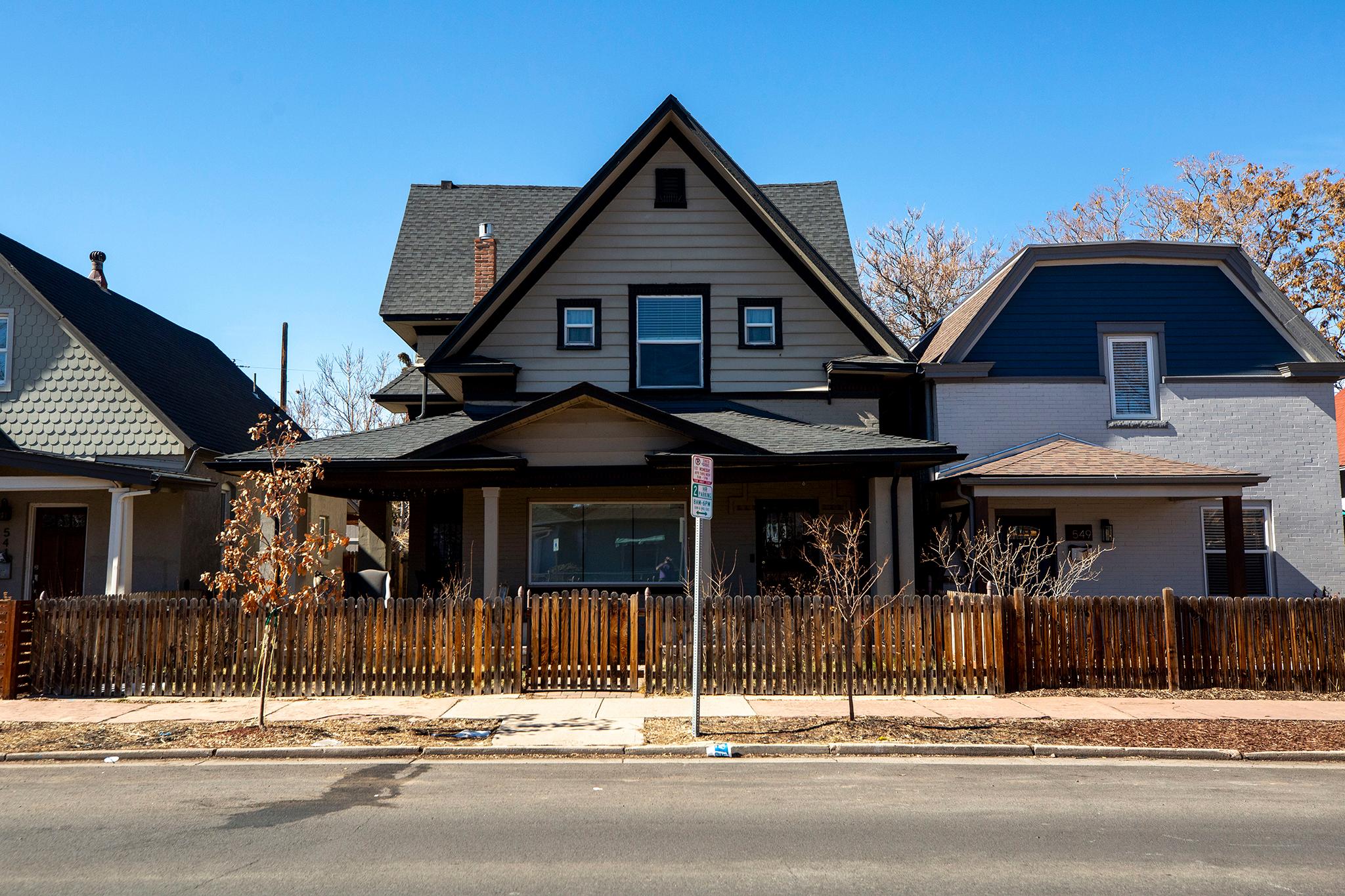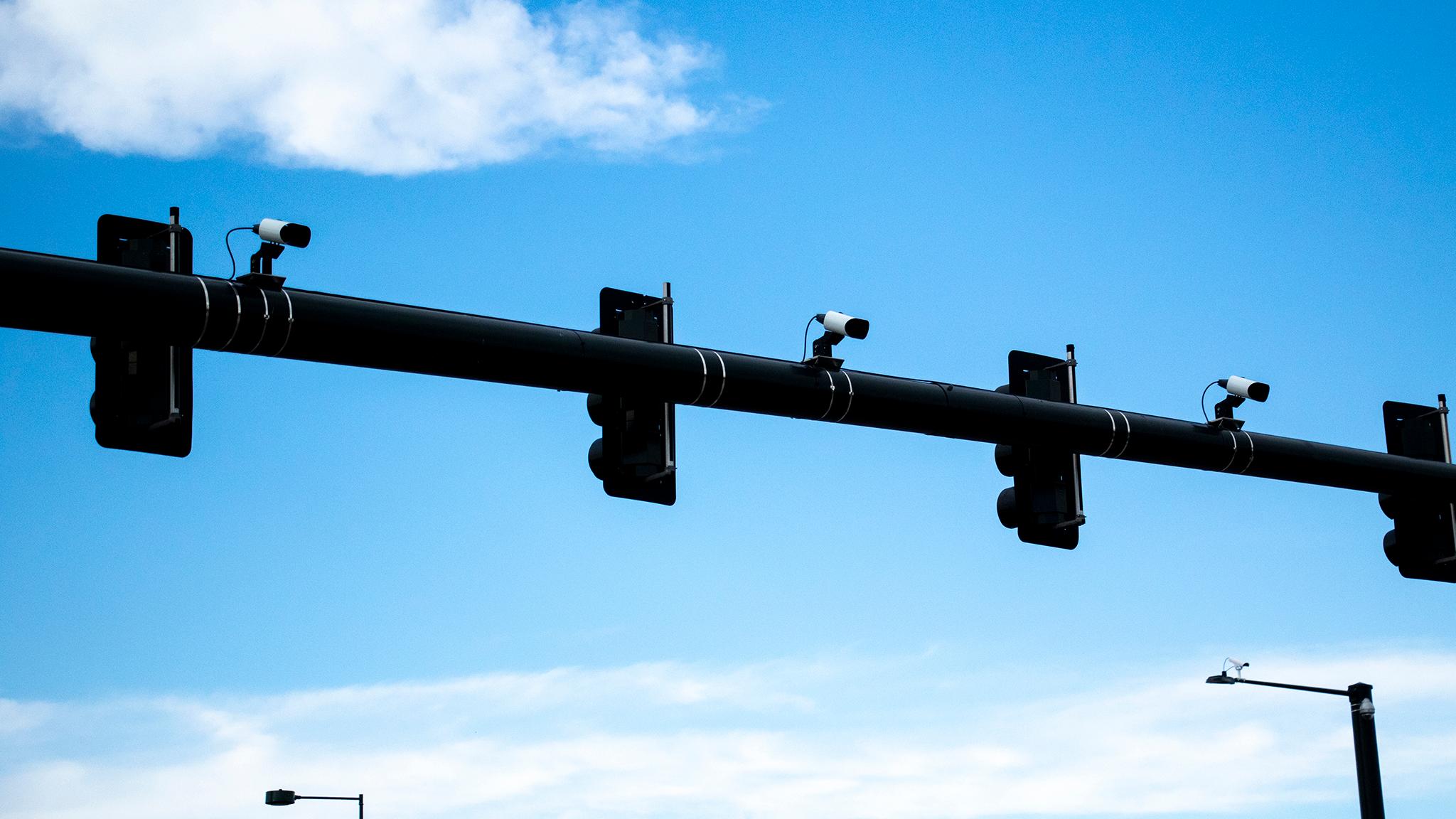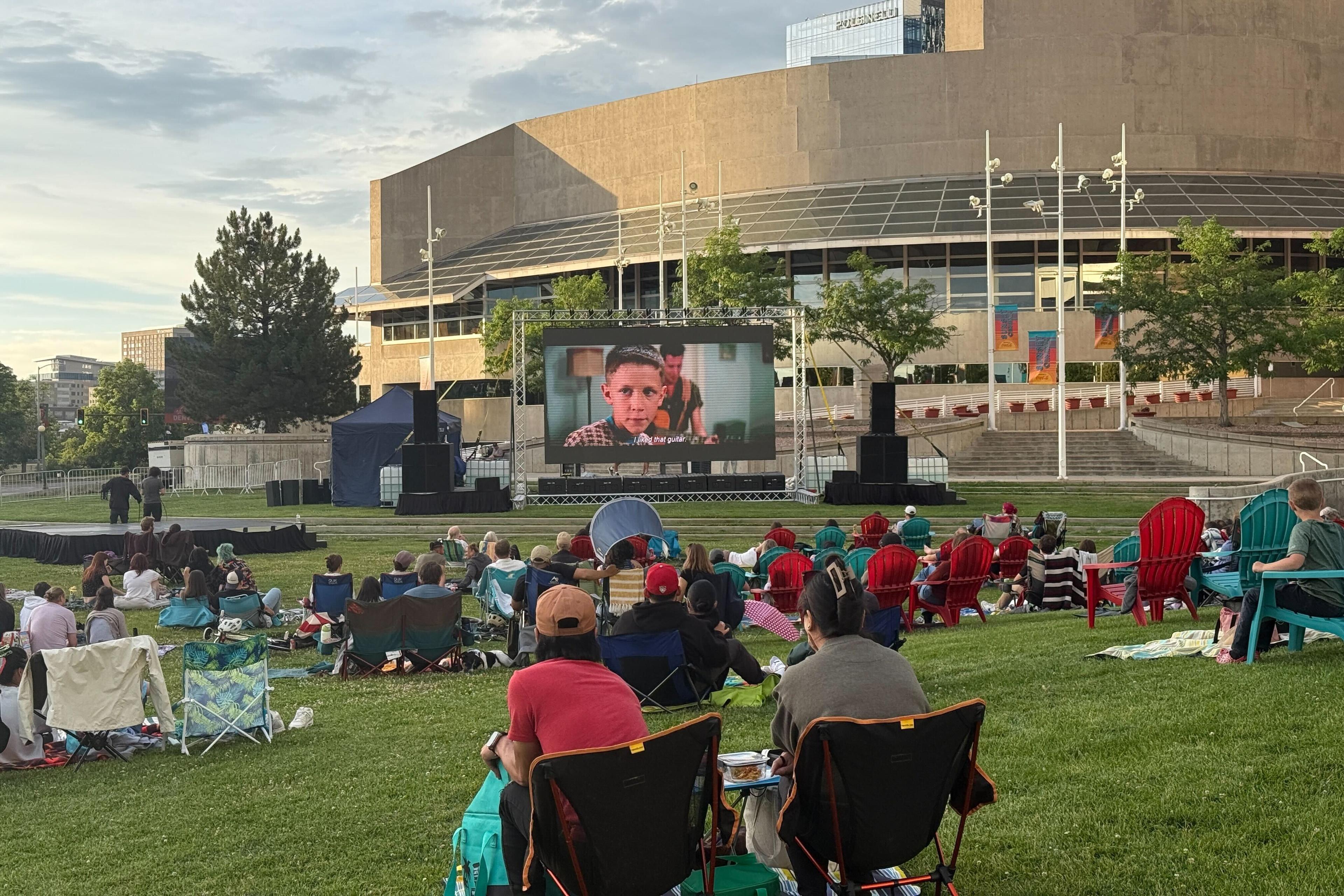Denver homeowners have been fretting about the possibility of higher property taxes as sky-high property-value assessments start hitting mailboxes. Now, metro realtors are realizing that higher taxes will affect who can afford to buy a home.
"Affordability took a hit with the rollout of tax assessments, reflecting sizable increases to property tax bills across the state," according to Realtor Libby Levinson-Katz, Chair of the Denver Metro Association of Realtors Market Trends Committee in a statement. "The state average is 33 percent; however, some areas increased by more than 60 percent. Higher tax bills coupled with increased interest rates are going to have a significant impact on buyers' ability to purchase throughout the state, specifically the Metro area."
Median home price is up almost $15,000 from last month to $580,000. Still, that's down considerably from April 2022, when median home price was $617,000, according to DMAR's May Market Trends Report.
The report looks at housing data from the 11-county metro, including Adams, Arapahoe, Boulder, Broomfield, Clear Creek, Denver, Douglas, Elbert, Gilpin, Jefferson and Park counties.
New listings are down more than 31% from last year.
"We have been eagerly waiting to see how the spring market would perform and inventory remains extremely tight as homes go off the market almost as quickly as they become available," noted Levinson-Katz. "The inventory decline in an already tight market raises some concern as to what the rest of the year has in store for the Denver Metro market."
While inventory has risen most in the higher priced markets, more affordable homes under $500,000, which the realtor association describes as the "Classic Market," are in short supply. Those are the houses teachers, first responders and the rest of the workforce can imagine affording.
Realtor William Maline, who also sits on the Market Trends Committee, cautioned buyers not to expect a ton of homes in this price range to come into the market in years to come.
Inventory in homes under $500,000 has dropped nearly 33% since this time last year.
"What was once a price range where a multitude of quality properties could be found is becoming less and less so," he explained. "Despite shrinking inventory, demand remains strong."
So competition between buyers is virtually guaranteed.
Investors are playing an oversized role in the market.
According to the report, between January 2021 and the December 2022, investors purchased roughly 15% of homes in the metro area -- or about one in seven.
Nationwide, "Investment and rental properties make up the second-largest number of property listings right now," according to the report.
The financial publication Moneywise ranked Denver as the fourth most difficult state for first-time homebuyers to purchase a new home, citing high down payments and a lack of inventory.
Addressing affordability is a major conversation among Colorado policymakers and political hopefuls.
Multiple bills at the Statehouse have been addressing home prices, including an end to municipal growth caps and mandatory upzoning that would override some local rules, though that bill, a major initiative of Gov. Jared Polis, has been significantly watered down -- at least, for now.
Denver mayoral candidates Kelly Brough and Mike Johnston are also pushing housing affordability as a major part of their platforms.
And City Council is continuing to rezone some Denver neighborhoods for accessory dwelling units -- also known as granny homes -- that can gently increase density throughout the city.











